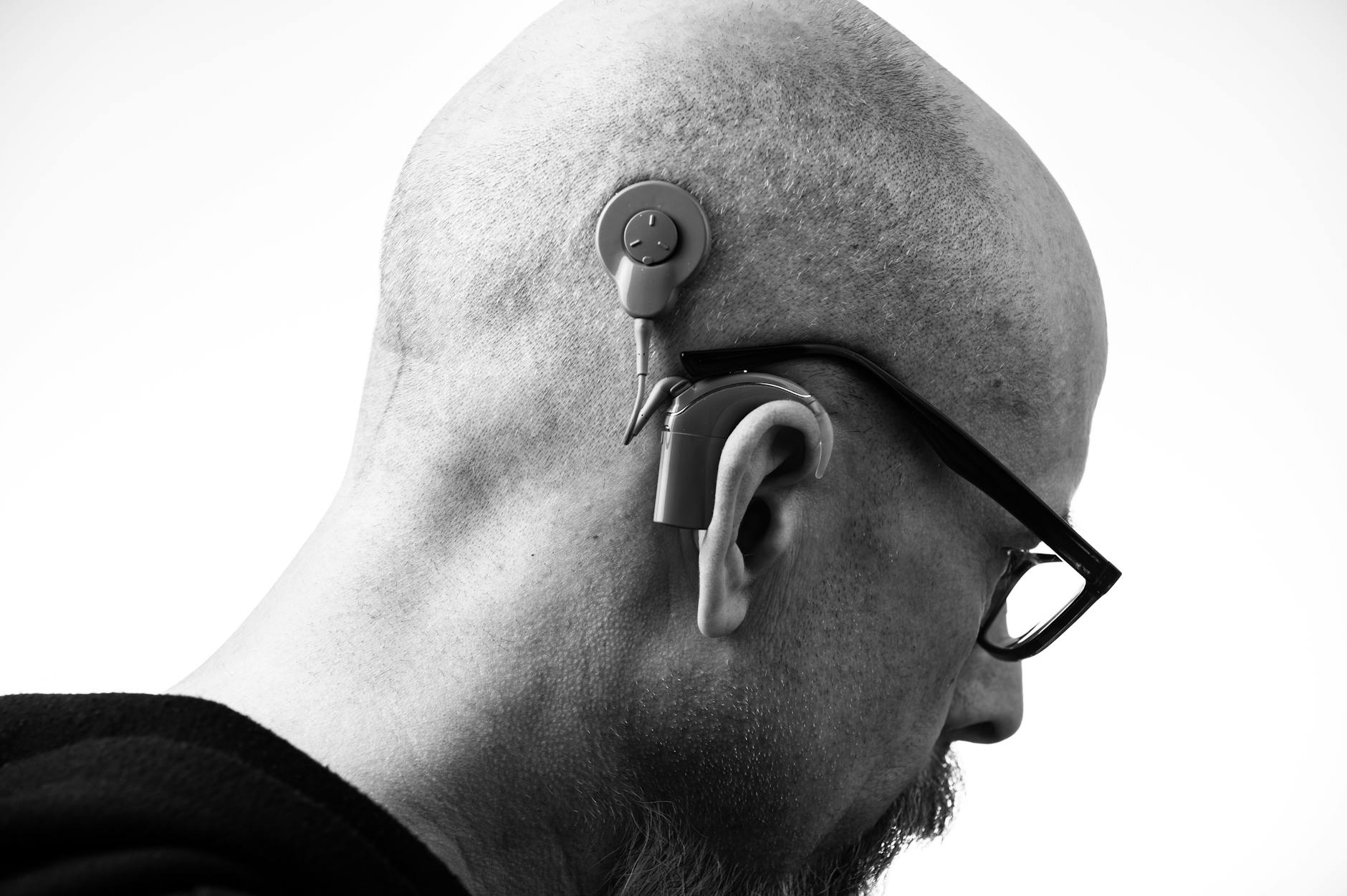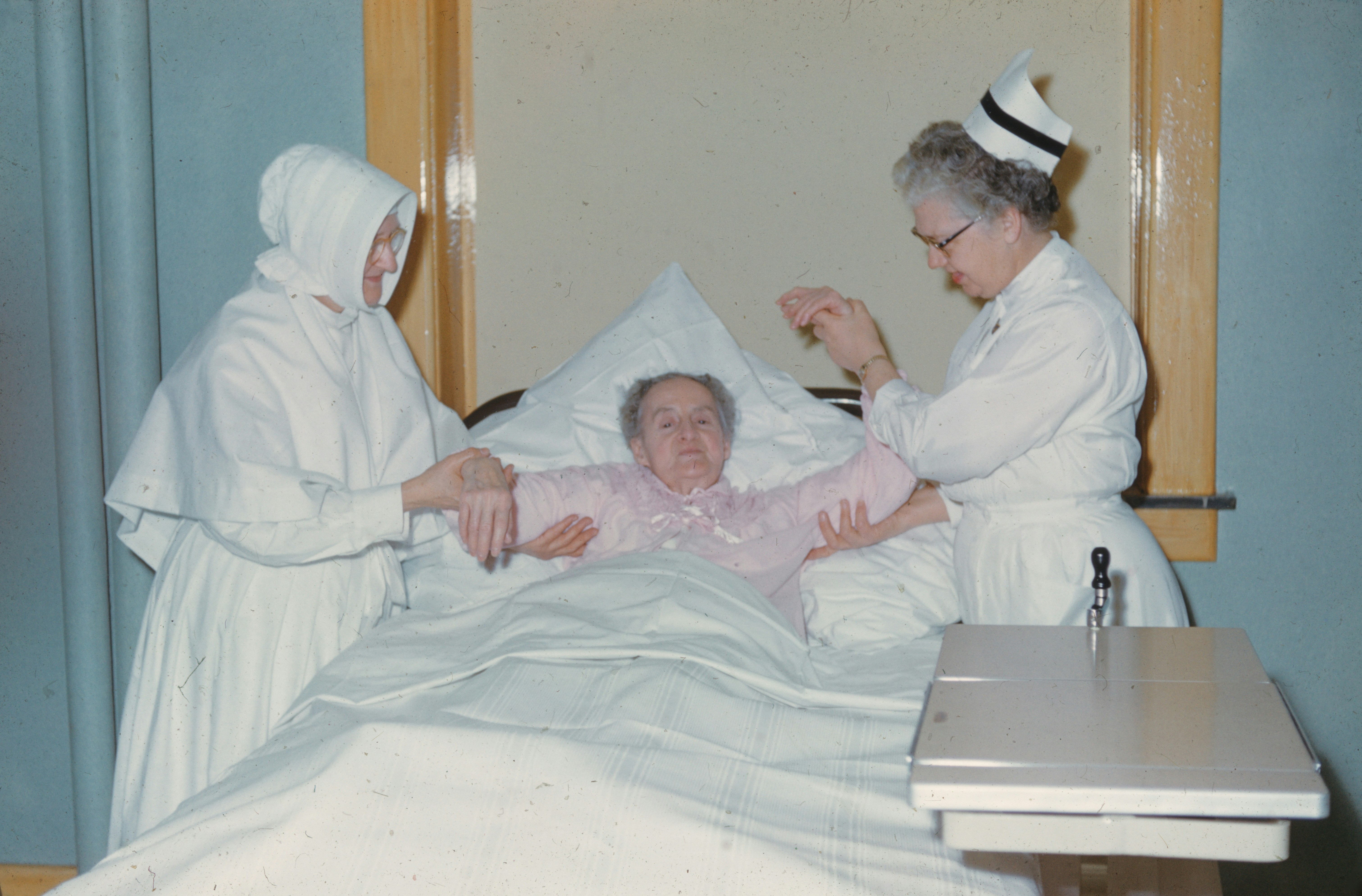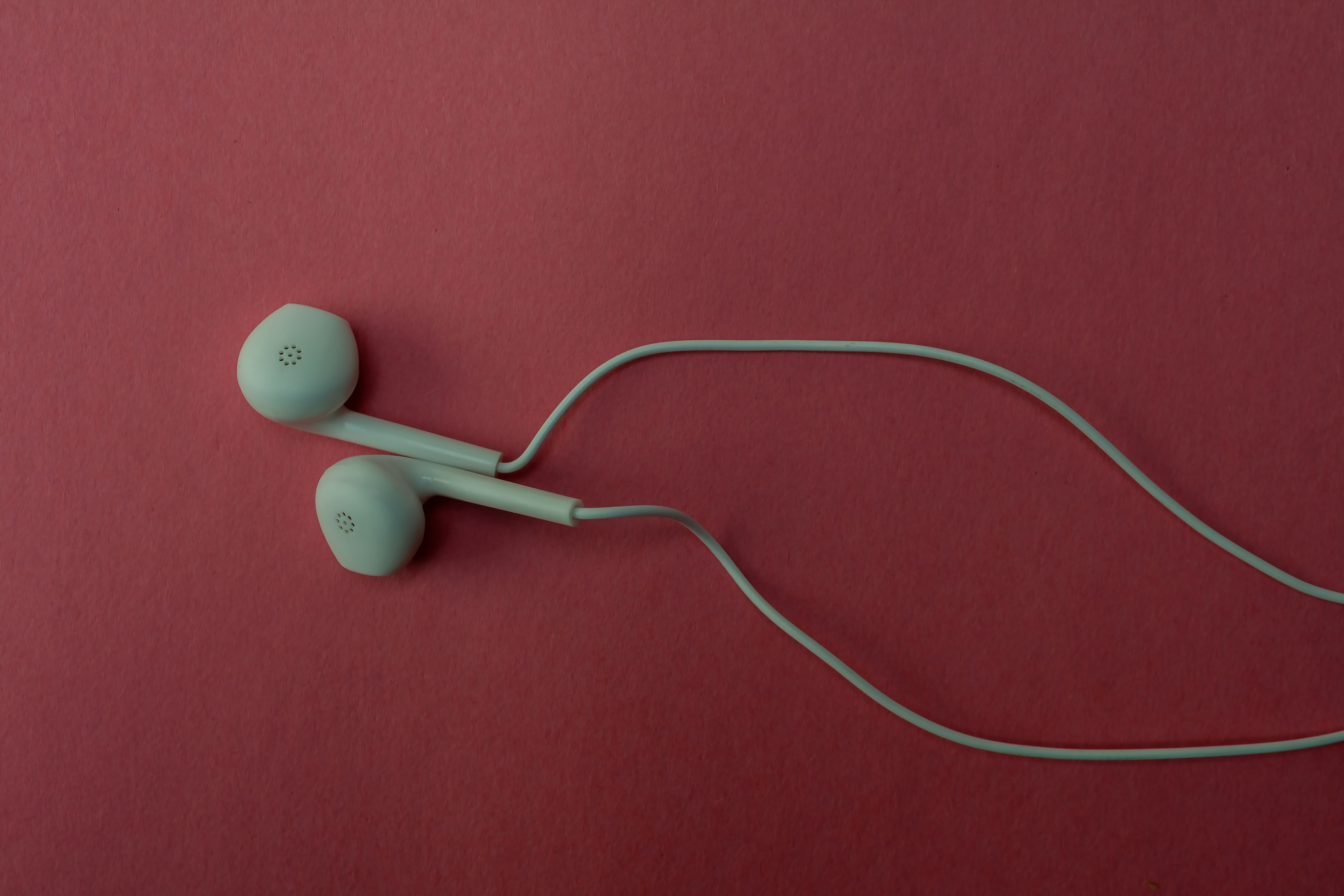Most medicines help, a few can harm your ears. If you’ve ever noticed a new ring in your ears after starting a medication—or you’re about to begin antibiotics, chemotherapy, or other strong treatments—this guide shows you how to protect your hearing without derailing essential care.
Why Some Medicines Bother the Inner Ear
Your inner ear is tiny, high‑tech, and sensitive. Hair cells in the cochlea translate vibrations into electrical signals your brain hears as sound. Certain drugs can create oxidative stress, reduce blood flow, or upset fluid balance inside the inner ear. The result can be temporary or permanent changes in hearing or balance.
Good news: most people who need these medicines can take them safely with smart monitoring. The goal isn’t fear—it’s prevention and early action.
The Short List: Drug Families With Known Ear Risks
Not all medicines in these groups cause problems, and many are life‑saving. Never stop a prescribed drug without talking to your prescriber. Use this list to start a conversation.
Higher‑risk (especially with high dose, IV use, long duration, or combinations)
- Aminoglycoside antibiotics (e.g., gentamicin, tobramycin, amikacin): can injure hearing and balance organs; risk rises with kidney problems or when combined with loop diuretics.
- Platinum chemotherapy (e.g., cisplatin > carboplatin): commonly affects high‑frequency hearing and can cause tinnitus; risk is higher in children and with cumulative dose.
- Loop diuretics (e.g., furosemide, bumetanide) given rapidly IV: may cause temporary hearing changes; risk increases with aminoglycosides.
Moderate/conditional risk
- Salicylates (aspirin) and some NSAIDs (e.g., ibuprofen, naproxen): high doses or frequent use have been linked to reversible tinnitus and temporary threshold shifts; lower doses are typically well tolerated.
- Macrolide antibiotics (e.g., erythromycin—especially IV at high dose): rare, usually reversible hearing effects.
- Antimalarials (e.g., chloroquine, hydroxychloroquine): rare reports of tinnitus or hearing changes, usually with prolonged/high dosing.
- Phosphodiesterase‑5 inhibitors (e.g., sildenafil): very rare cases of sudden hearing changes have been reported; considered uncommon but worth awareness.
Other medications and combinations can also be ototoxic, especially in intensive care settings. Your pharmacist and prescriber can help you weigh the risks in your specific situation.
Who’s More Vulnerable?
- Existing hearing loss or severe tinnitus
- Kidney or liver disease (affects drug clearance)
- Older age or very young age
- High cumulative dose or prolonged therapy
- Simultaneous use of more than one ototoxic drug
- Radiation to the head/neck
- Dehydration, sepsis, or critical illness
- Recent loud noise exposure (concerts, machinery) that already stressed your ears
Early Warning Signs to Act On
- New or worsening tinnitus (ringing, hissing, buzzing)
- Difficulty hearing high‑pitched sounds or understanding speech in noise
- Ear fullness or pressure not explained by a cold
- Sudden imbalance or new vertigo
If you notice these while on a suspect medication, contact your care team promptly. Early adjustments can make a big difference.
Your Prevention Plan: Step‑by‑Step
1) Do a quick medication risk review
Before starting a new prescription, tell your prescriber and pharmacist about your hearing history and every medicine and supplement you take. Ask:
- Does this drug have any hearing or balance risks?
- Are there alternatives with lower ear risk for my condition?
- What dose and duration minimize risk without compromising treatment?
2) Get a baseline hearing check
Schedule a pre‑treatment hearing evaluation with an audiologist, especially if you’ll receive aminoglycosides, platinum chemo, or multiple higher‑risk medicines. Helpful tests include:
- Standard audiogram (0.25–8 kHz)
- Extended high‑frequency audiometry (up to 16 kHz) to catch early changes
- Otoacoustic emissions (OAEs) to detect subtle hair cell stress
Bring those results to your medical team. Plan follow‑ups during treatment to spot changes early.
3) Protect kidneys, protect ears
For many ototoxic drugs, kidney function drives risk. Support good hydration (as allowed by your medical condition), and ensure routine lab monitoring if recommended. If you’re hospitalized and receiving aminoglycosides, ask if therapeutic drug monitoring and once‑daily dosing are appropriate for you—both can reduce risk in eligible patients.
4) Avoid the double‑whammy of noise
During treatment and for a few weeks after, give your ears a quiet vacation:
- Use hearing protection around power tools, concerts, or loud events.
- Keep personal audio at or below 60% of max, and limit sessions to 60 minutes before a break.
- Avoid overlapping exposures (loud gym + loud commute + party) on the same day if possible.
5) Track symptoms in real time
Keep a simple log: date, dose, any ear symptoms (tinnitus, fullness, difficulty with conversation, dizziness), and noise exposures. If new symptoms appear, call your care team and your audiologist. Don’t wait for them to “go away.”
6) Coordinate across your team
Ask your oncologist, infectious disease specialist, cardiologist, or primary care clinician to share your audiology reports. If signs of ear stress appear, options might include dose adjustments, spacing or switching medicines when medically appropriate, or adding protective strategies used in specific settings.
7) After therapy, re‑check
Schedule a post‑treatment hearing test to confirm stability and to guide any rehabilitation. If changes persist, an audiologist can discuss hearing strategies, protection, and devices that make listening easy again.
Special Situations Worth Knowing
Platinum chemotherapy (cisplatin/carboplatin)
High‑frequency hearing loss and tinnitus are common with cisplatin. Pediatric patients are especially vulnerable. In some pediatric cancer protocols, a drug called sodium thiosulfate has been used under medical supervision to reduce risk. If you or your child is starting platinum chemotherapy, ask your oncology team about baseline and interval audiograms and any ear‑protection strategies appropriate for your regimen.
Hospital care and critical illness
In intensive care, aminoglycosides, loop diuretics, and other necessary medicines sometimes overlap. Supportive measures—drug level checks, careful dosing, kidney monitoring, and early audiology input—help balance life‑saving care with ear safety.
Pain, fever, and OTC pills
Occasional low‑dose use of aspirin or ibuprofen is unlikely to affect hearing for most adults. Regular high‑dose use, however, has been linked in studies to reversible tinnitus and small shifts in hearing sensitivity. If you need frequent pain relief, ask about dosing, alternatives, or non‑drug strategies to give your ears a break.
Rare but serious: sudden changes
Very rarely, some medicines have been associated with sudden hearing changes. If you experience sudden hearing loss or a dramatic new unilateral tinnitus, seek urgent medical care. Fast evaluation matters.
What to Say at the Pharmacy or Clinic
Not sure how to bring it up? Try:
- “I’ve had ringing in my ears before. Does this medicine raise hearing risks for me?”
- “Could we review options with lower ototoxic potential for my condition?”
- “Can you order a baseline and follow‑up hearing test while I’m on this treatment?”
- “I work in a loud shop. Should I change my hearing protection while I’m on this medication?”
Home Tools That Help (But Don’t Replace a Test)
- Use a simple hearing check app to track trends between audiology visits. Look for shifts, not diagnosis.
- Sound level meter apps help you avoid extra noise while on higher‑risk medicines.
- Set reminders for hydration and medication timing as advised by your clinician.
When to See an Audiologist
If you’re starting a known ototoxic medication, already notice ear symptoms, or want a baseline test, an audiologist is your ally. They’ll tailor a monitoring plan, interpret subtle changes, and coordinate with your medical team. If you ever notice sudden hearing changes, seek urgent medical care and notify your audiologist as soon as possible.
Quick Prevention Checklist
- Tell your care team about your hearing history before starting new meds.
- Ask about ototoxic risk and alternatives.
- Get a baseline audiogram (include high frequencies) and OAEs if available.
- Limit extra noise during and shortly after treatment.
- Stay hydrated and follow kidney function monitoring when indicated.
- Log any ear symptoms and report promptly.
- Re‑check hearing after therapy.
Your ears help you connect with people you love. With a little planning, most people can get the treatment they need and keep the sounds that matter. If you need help building a monitoring plan, reach out to a local audiologist—consider it a seatbelt for your hearing.
Further Reading
- Ear‑Safe Prescriptions: How to Spot and Prevent Drug‑Related Hearing Damage (Prevention) - When Medicines Hurt Hearing: Your Ototoxicity Playbook (Hearing Loss) - Your Medicine, Your Ears: Preventing Drug‑Induced Hearing Loss (Hearing Loss) - When Noise Meets Chemicals: The Workplace Combo That Fast-Tracks Hearing Loss (Prevention)Frequently Asked Questions
Are aspirin and ibuprofen safe for my ears?
Occasional low‑dose use is unlikely to affect hearing for most adults. Regular high‑dose or frequent use has been linked to reversible tinnitus and small temporary hearing changes. If you need pain relievers often, ask your clinician about dosing, alternatives, or non‑drug options—and consider a baseline hearing check.
Can hearing recover after ototoxic medications?
It depends on the drug and dose. Salicylate- and loop diuretic–related changes are often temporary. Hearing changes from aminoglycoside antibiotics or cisplatin can be permanent. Early monitoring allows dose adjustments or regimen changes when medically appropriate.
What kind of hearing test should I request if I’m starting a higher‑risk medication?
Ask for a baseline audiogram that includes extended high‑frequency testing (above 8 kHz) if available, plus otoacoustic emissions (OAEs). Schedule follow‑ups during treatment to catch small changes early.
Do any supplements protect against drug‑induced hearing loss?
There isn’t a proven over‑the‑counter supplement that broadly prevents ototoxicity. In specific pediatric cancer protocols, sodium thiosulfate has been used under medical supervision to reduce cisplatin‑related hearing loss. Avoid starting new supplements without discussing them with your care team.


